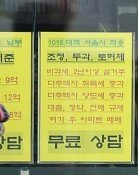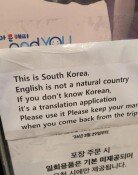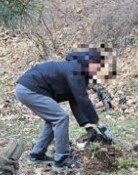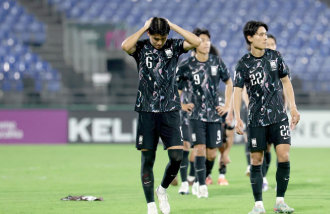Good Bye, Captain! Weve Been Happy Because of You
Good Bye, Captain! Weve Been Happy Because of You
Posted October. 05, 2004 21:52,
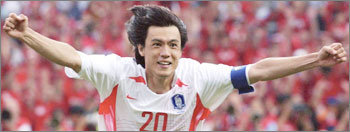
The Best Moment in Our Life, the World Cup
The Gwangju World Cup Stadium was where the quarterfinal between Korea and Japan in the FIFA World Cup Korea/Japan was held on June 22, 2002.
Hong Myeong-bo was the final kicker in a penalty-kick shootout, and Korea was winning by a score of 4-3. With a stiff look, he put down the ball on the penalty kick mark and stepped back a few steps. He breathed out a deep breath, and then ran towards the ball. The ball he knocked with an inside kick off his right foot flew 11 meters to enter the goal in the upper right corner.
He ran at full speed with his arms open like an airplane when it was confirmed that South Korea had made the semifinals of the World Cup. It was the most glorious moment for the player who started playing soccer in the fifth grade in elementary school, who has been a player for 21 years, and who challenged for the World Cup four times.
Coach Guss Hiddink at that time was not sure whom to choose as the first kicker, the most important one, Hong Myeong-bo or Hwang Seon-hong. Hong Myeong-bo, however, shook his head, saying, Id rather die than be the first kicker. As a result, he became the final kicker.
Hong Myeong-bo is too faint hearted. He has a nickname, Heungboo, meaning too nice a personality. He still smiles although much younger teammates call him by his name. (In Korea, it is considered rude to call ones senior by his or her name.)
Nonetheless, there are times when Hong Myeong-bo becomes angry. It is when somebody said, He has lost some of his stamina. He said, I felt enraged whenever people point without evidence that I have lost stamina. Perhaps that is why he used to transform into a tough fighter on the pitch.
Through such thorough self-control, he remained on the national soccer team for 12 years and become the first Asian player to receive the World Cup Bronze Ball.
Permanent Libero
Libero is an Italian word for a free man. The original libero in soccer was Hans Beckenbauer, the Soccer King of Germany. Beckenbauer, who played for the German soccer team in the 1970 Mexico World Cup, ran around freely on the pitch without any position, and the word libero was created to describe his free style.
For a player to be qualified as a libero, he should have the ability to lead the game, not to mention stamina, and both defense and attack techniques. Hong Myeong-bo, who played attacker as well as defense and can pass the most precise and longest ball in Korean soccer history, was a fit for libero. He showed a model libero play in the 1994 U.S. World Cup by scoring two goals as an attacker and playing inspired defense at the same time in games against Germany and Spain.
Soccer experts say, It is very rare to find a libero like Hong Myeong-bo. Therefore, Hong Myeong-bo is a permanent libero.
His Secret for Success is Self-Control
What is his secret to standing out as a top player?
Lee Hoi-taek, vice president of the Korea Football Association, who was Hongs senior in Dongbuk High School and also coached Hong on the Pohang Steelers team, said, Myeong-bo is a very smart player. He plays in ways other players would never think about, and his play is one level higher than that of other players. That is why his play stands out. He added that solid mastery in basic techniques, a smart brain, and thorough self-control are the secrets that have made him to become the best player.
Kim Joo-seong, an international committee member of the Korea Football Association, who played with Hong Myeong-bo in the 1990 Italy World Cup, evaluated him, saying, Myeong-bo is a hard worker. He is a genius who puts all his efforts into soccer.
Hwang Seon-hong, former Jeonnam Dragons Coach and close friend of Hong, said, Myeong-bo studies soccer hard. As the result of such hard studying to master new trends and techniques in soccer, he earned superb eyes for the game along with a keen sense.
Soon-Il Kwon stt77@donga.com




